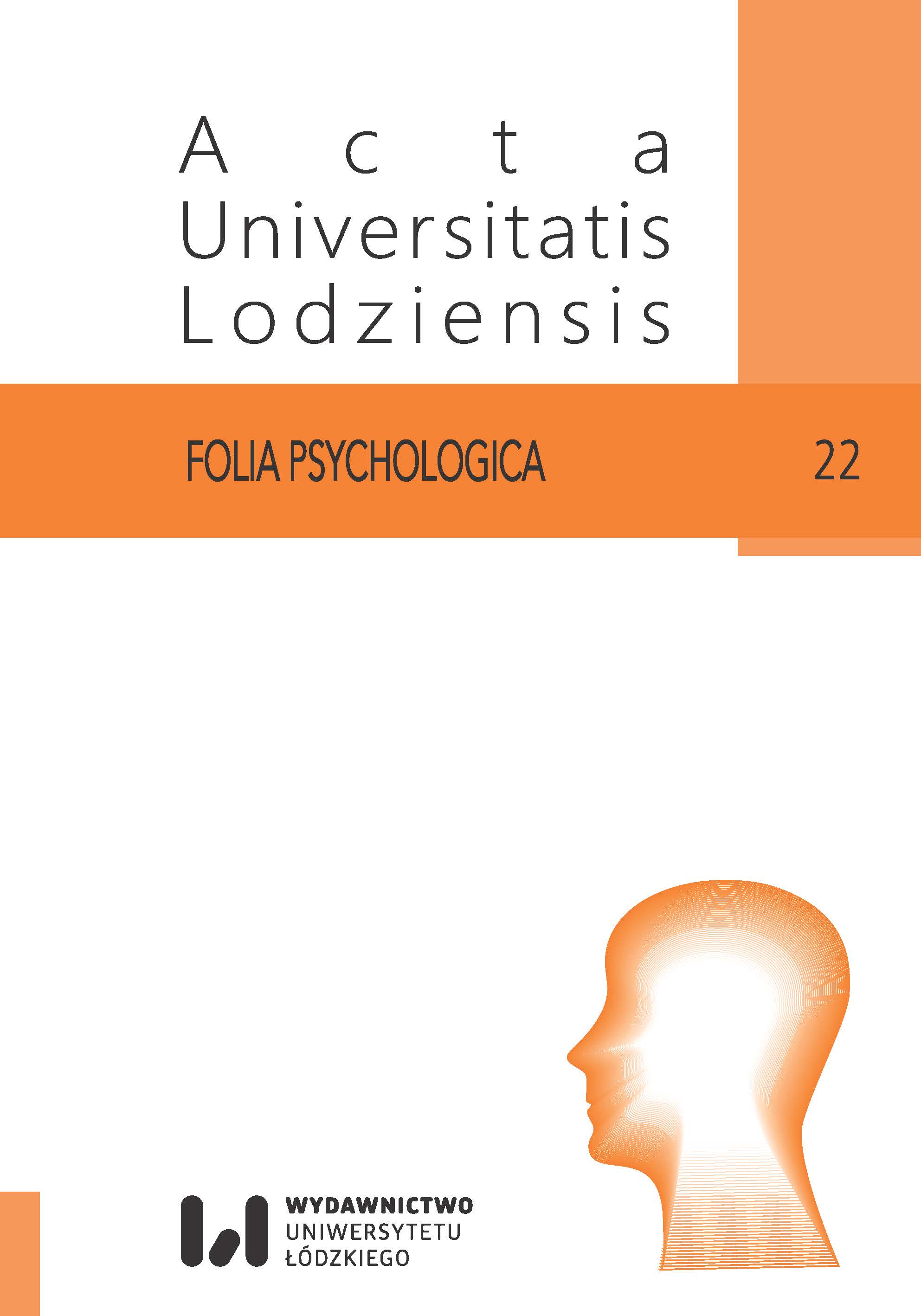Stres a objawy depresji i sposoby radzenia sobie u kobiet z niepłodnością i kobiet w ciąży wysokiego ryzyka
Stress, symptoms of depression and ways of coping among women with infertility and high-risk pregnant women
Author(s): Jolanta Chanduszko-Salska, Karolina KossakowskaSubject(s): Psychology
Published by: Wydawnictwo Uniwersytetu Łódzkiego
Keywords: infertility; high-risk pregnancy; stress; depression; ways of coping
Summary/Abstract: A diagnosis of infertility is a particularly stressful life event, and reproductive failure increases stress and the risk of depression. In the perinatal period, the risk of psychiatric problems may increase by several times, especially when the pregnancy has a high risk of failure. The choice of strategy for coping with a diagnosis of infertility or high-risk pregnancy can help to alleviate, or aggravate, mental tension. The purpose of the study was to determine the intensity of stress, depression and the strategy employed to cope with stress among infertile and high-risk pregnant women. It also examined whether the participating women differ in terms of the variables included in the study. The study involved 220 women. The first group consisted of women who were treated for infertility (N = 61), the second included women with infertility problems not currently using assisted reproductive technologies for infertility treatment and not planning treatment in the coming months (N = 33), the third included those with high-risk pregnancies (N = 67), and the final group, pregnant women with no complications or previous fertility problems (N = 59). The participants completed a set of self-report questionnaires: Perceived Stress Scale (PSS), Beck Depression Inventory (BDI) and Coping Orientation to Problems Experienced Inventory (COPE). The study groups differed in terms of stress, intensity of depressive symptoms, and approach to coping. The highest level of stress was present in women treated for infertility, and the highest symptoms of depression among high-risk pregnant women. Women treated for infertility were most likely to choose active coping, denial and focusing attention away from the problem. Similar results were obtained for a group of women with infertility problems who did not receive treatment. Pregnant women most often sought emotional support, turned to religion or focused on emotion, and their discharge or cessation of activities. The results indicate that stress level is highest among infertile women, and depression among high-risk pregnant women. The choice of coping strategy also varies between study groups. Expanding knowledge in this area will help to develop appropriate psychological help for women anticipating conception and birth, and experiencing difficulties with fertility.
Journal: Acta Universitatis Lodziensis. Folia Psychologica
- Issue Year: 2018
- Issue No: 22
- Page Range: 73-96
- Page Count: 24
- Language: Polish

